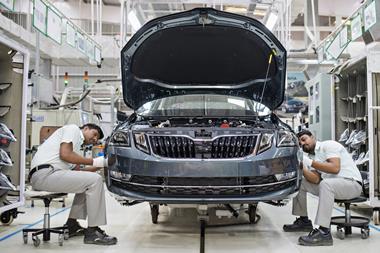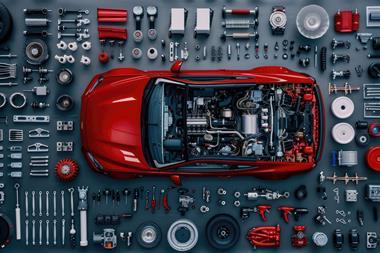 As the automotive manufacturing world has seen contraction of demand and subsequent over-production issues come to influence carmakers’ strategies, so the influence of the labour force has returned to the fore.
As the automotive manufacturing world has seen contraction of demand and subsequent over-production issues come to influence carmakers’ strategies, so the influence of the labour force has returned to the fore.
In Eastern Europe, Skoda’s workers have threatened to strike. The driving issue for this is wage negotiations – the workforce is demanding more than the company is offering. Skoda has reported record profits for its last financial year and so the employees feel they have a right to more. As AMS went to print in April they had threatened to hold a token strike at each of the three shifts and a general protest meeting if the two sides fail to reach an agreement.
Labour troubles are not common at Skoda; when its workers waged a strike at the end of March 2005, it was reportedly the first industrial action seen in 13 years. Over the ocean at the Chrysler group, worker influence is also strong; with the enormous legacy costs of healthcare, pensions and associated benefits, prospective purchasers of the group are trying to get the workforce behind their move to take over the corporation. While the value of the company is difficult to assess, Kirk Kerkorian’s $4.5 billion bid to acquire Chrysler is close to rival offers by Magna International Inc., Cerberus Capital Management LP and Blackstone Group.
However, the deciding factor is likely to be how benevolent they are to the workers, and thus who will look after Chrysler’s long-term health as a company, as well as an employer. Rumour has it that Kerkorian is offering the unions a 10 per cent equity stake in Chrysler, plus a seat on the board, in return for the UAW giving some concessions on workers’ benefits.
With complex and secretive negotiations at Volkswagen and Mercedes-Benz in Europe, following on from the ‘wage freeze but jobs until 2011’ policy at VW and similar deals cut at Mercedes-Benz and other major European carmakers, it seems that people power is injecting some long-needed humanity into corporate planning in the auto industry.


































